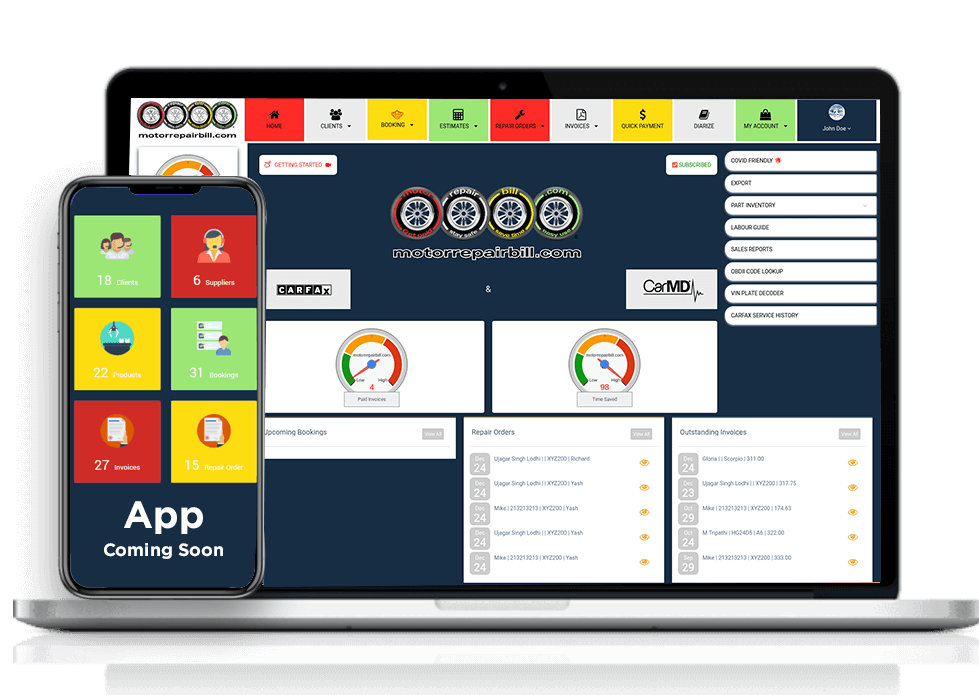What is Augmentin?
Augmentin a widely used antibiotic that combines two active ingredients: amoxicillin and clavulanate potassium. This combination makes Augmentin effective against a wide variety of bacterial infections by enhancing the effectiveness of amoxicillin. It is commonly prescribed for infections such as sinusitis, pneumonia, ear infections, bronchitis, urinary tract infections, and skin infections.
How Does Augmentin Work?
Amoxicillin belongs to a class of drugs known as penicillins, which work by stopping the growth of bacteria. Clavulanate potassium, on the other hand, is a beta-lactamase inhibitor. Many bacteria produce beta-lactamase enzymes that break down antibiotics like amoxicillin. By inhibiting these enzymes, clavulanate potassium allows amoxicillin to work more effectively.
Indications for Use
Augmentin is indicated for the treatment of:
- Acute bacterial sinusitis
- Acute otitis media
- Lower respiratory tract infections, including pneumonia
- Skin and soft tissue infections
- Urinary tract infections
Doctors often prescribe Augmentin when they suspect or confirm that the infection is caused by beta-lactamase-producing bacteria.
Recommended Dosage and Administration
The dosage of Augmentin depends on the patient's age, weight, kidney function, and the severity of the infection. Below is a general guideline:
-
Adults and children over 12 years: Typically, 500 mg every 12 hours or 250 mg every 8 hours. For more severe infections, 875 mg every 12 hours or 500 mg every 8 hours may be prescribed.
-
Children under 12 years: The dosage is usually determined based on body weight, and a pediatrician should be consulted.
Augmentin should be taken at the start of a meal to reduce stomach upset. It is important to complete the full course of the antibiotic as prescribed, even if symptoms improve, to ensure the infection is fully treated.
Possible Side Effects
Like all medications, Augmentin may cause side effects. Common side effects include:
- Nausea
- Vomiting
- Diarrhea
- Skin rash
In rare cases, more serious side effects can occur, such as:
- Severe allergic reactions (anaphylaxis)
- Liver dysfunction
- Severe skin reactions
If you experience any severe or unusual symptoms, it is important to seek medical attention immediately.
Expert Opinions
According to Dr. Emily Thompson, an infectious disease specialist, "Augmentin is a reliable choice for many bacterial infections, especially when there is a concern about resistance. However, it's crucial that patients adhere to the prescribed dosage and schedule to achieve the best outcomes."
Pharmacist Michael Lee adds, "Patients should be aware of potential drug interactions and discuss their full medication list with their healthcare provider. For instance, Augmentin may interact with anticoagulants, potentially increasing bleeding risks."
Considerations and Precautions
-
Pregnancy and Breastfeeding: Augmentin is generally considered safe during pregnancy and breastfeeding, but it should only be used when clearly needed and prescribed by a healthcare professional.
-
Allergies: Patients with a history of penicillin allergies should inform their doctor, as Augmentin contains amoxicillin.
-
Kidney Function: Dosage adjustments may be necessary for patients with impaired kidney function.
Where to Buy Augmentin
Augmentin can be purchased with a prescription at most pharmacies. For convenience and competitive pricing, you can also buy Augmentin from our site. Please visit
our online pharmacy for more information.
Conclusion
While Augmentin is an effective antibiotic for various infections, it is essential to use it responsibly to prevent the development of antibiotic resistance. Always follow your healthcare provider's instructions and complete the full course of treatment. For any questions or concerns about using Augmentin, consult your doctor or pharmacist for personalized advice.


